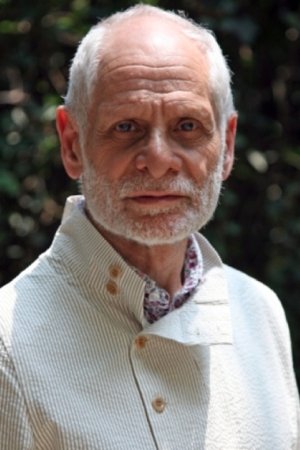
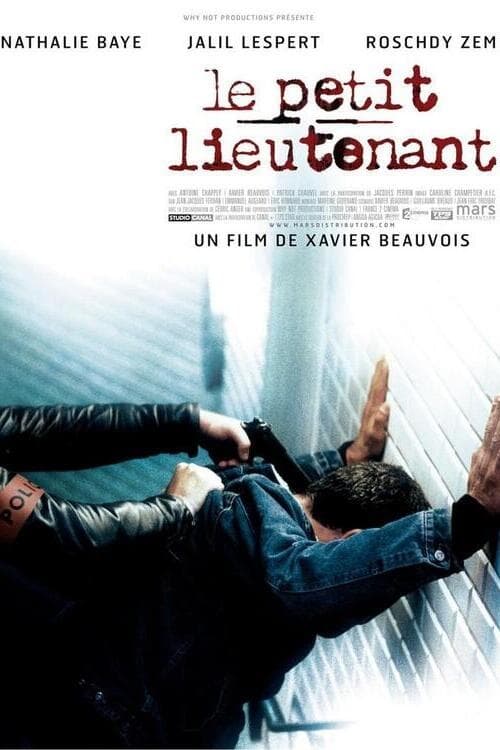
A rookie policeman from provincial Le Havre volunteers for the high pressure Parisian homicide bureau and is assigned to a middle-aged woman detective.
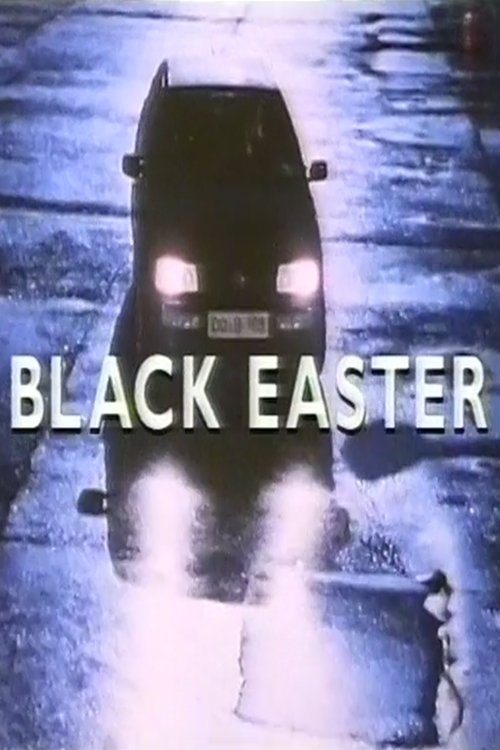
Continuing the Screen Two series of dramas is David Pirie's futuristic thriller starring Trevor Eve Germany, March 2000: Detective Alex Fischer investigates the murder of a young Danish woman, whose body has been slashed from head to foot. On the ground beside her are the words in Arabic: "We are crossing. "As the threat grows of a mass exodus of refugees caused by civil war in Russia, Fischer sets out on a hazardous search for the truth with refugee Anna.
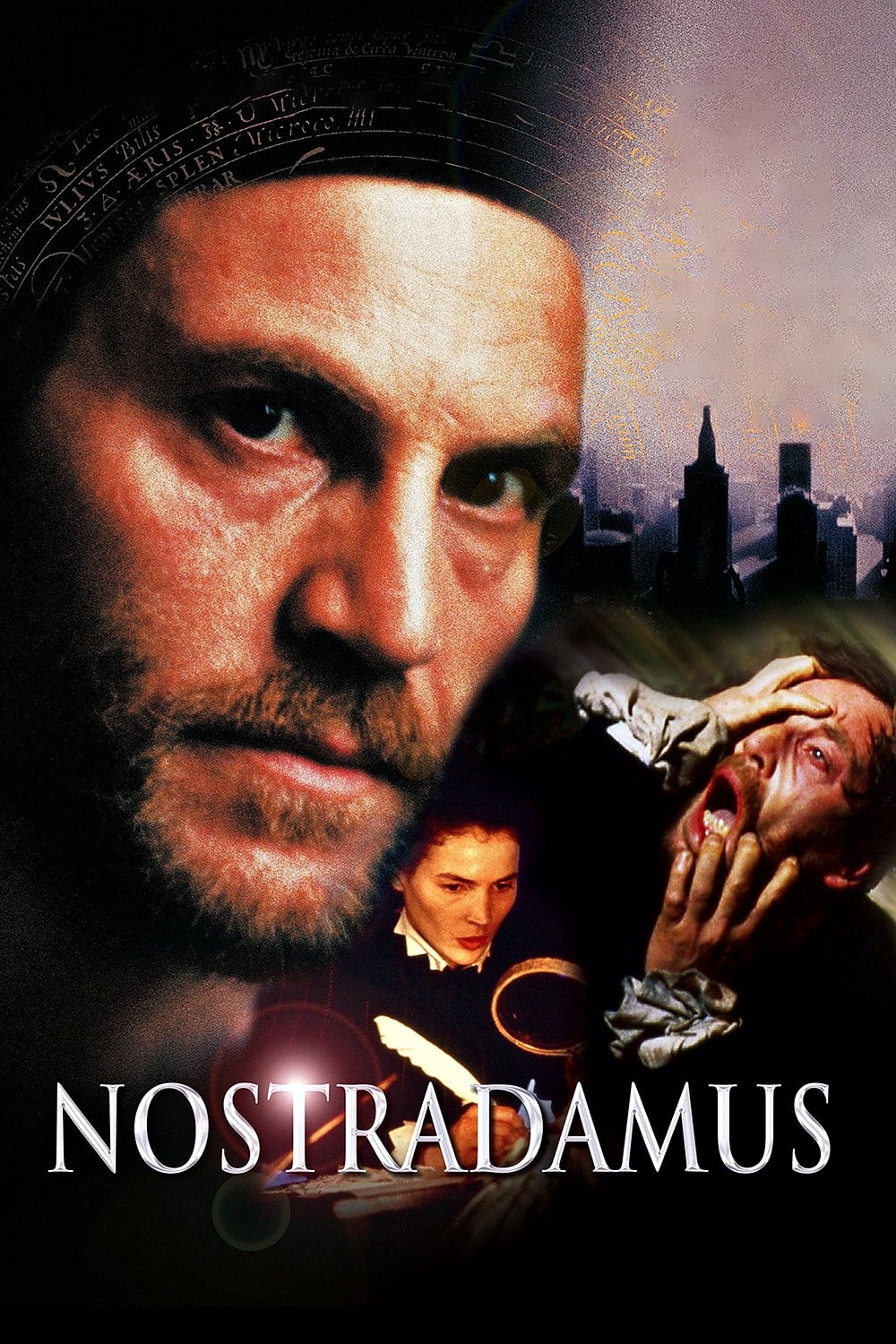
A dramatic retelling of the life of Michel de Nostredame, from his early work as a plague doctor to his time at the court of Catherine de Medici, after he became famed for his prophetic almanacs. Stars Rutger Hauer and Julia Ormond.
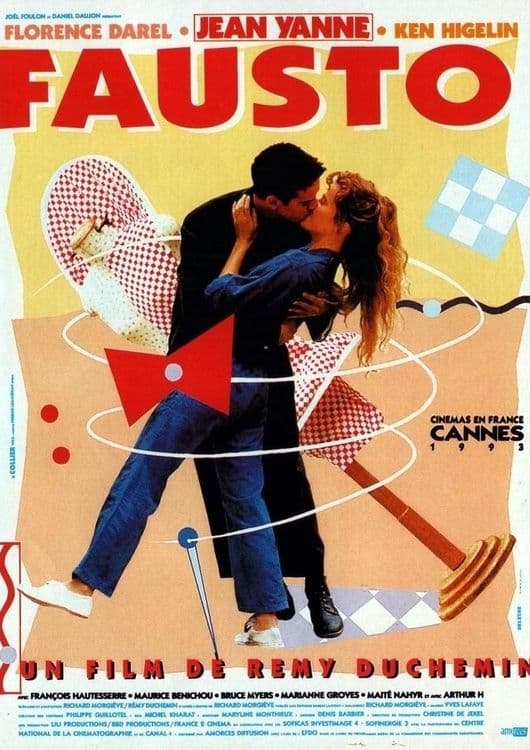
Fausto enters an orphanage and is initially bullied, but then makes friends with a new bunkmate, Raymond. He is apprenticed to Mietek, a tailor in the Jewish quarter, who teaches him the trade. Fausto charms everyone in the quarter, and falls in love with Tonie, the mechanic's daughter. He starts making outrageous suits for publicity and, after dressing Tonie, decides that he wants to be a famous couturier.
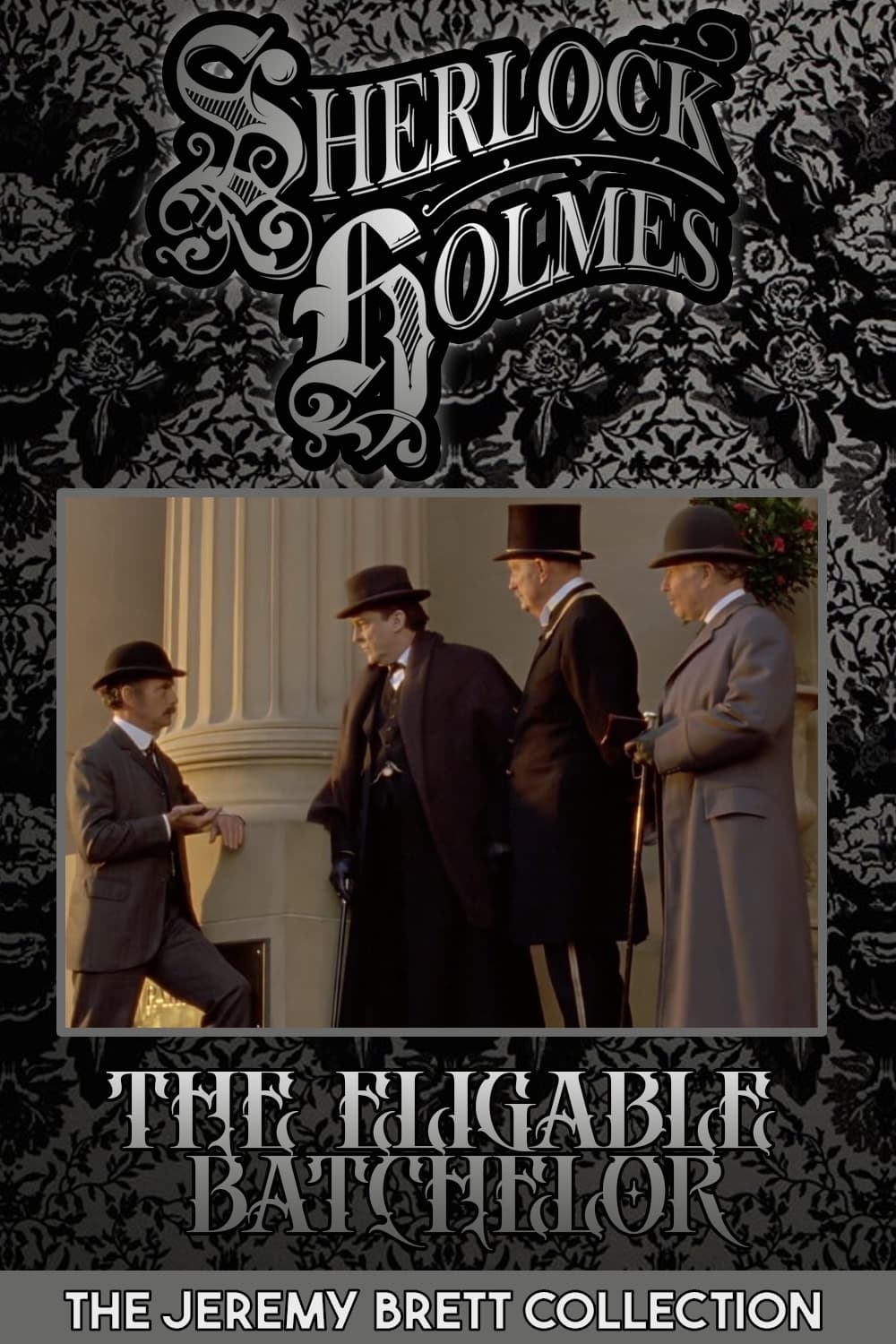
Sherlock Holmes' problem with disturbing dreams proves to be both an impediment and an aid in the search for a missing woman.
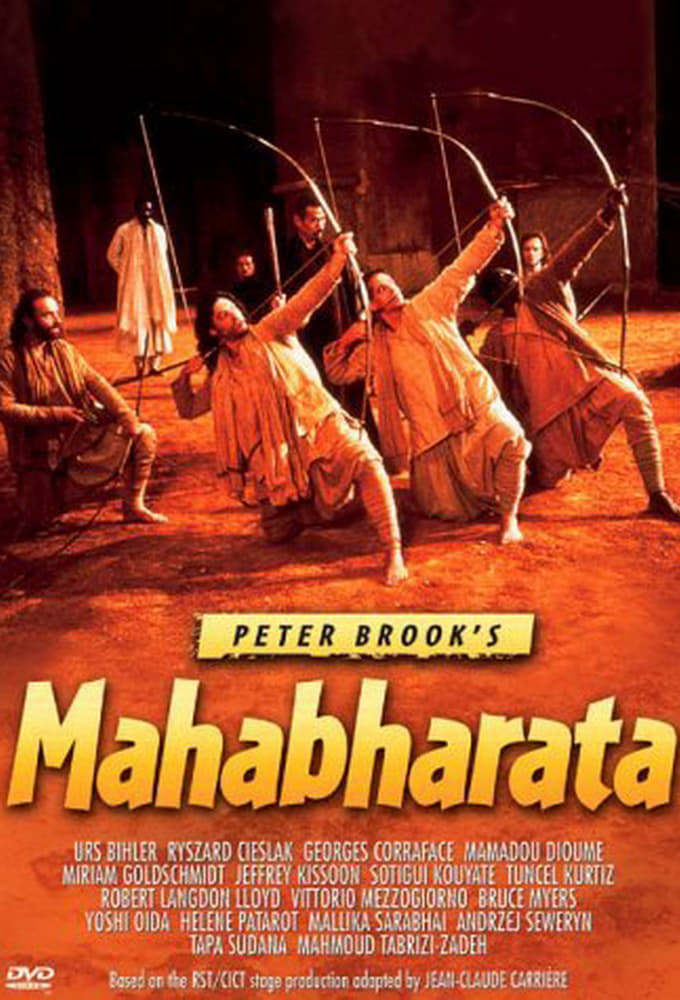
The Mahabharata is a 1989 film version of the Indian epic based on the history of India, Mahabharata directed by Peter Brook. Brook's original 1985 stage play was 9 hours long, and toured around the world for four years. In 1989, it was reduced to under 6 hours for television. Later it was also reduced to about 3 hours for theatrical and DVD release. The screenplay was the result of eight years' work by Peter Brook, Jean-Claude Carrière and Marie-Hélène Estienne. For the casting an international selection of actors was intentionally chosen, to show that the nature of the Indian epic is the story of all humanity.
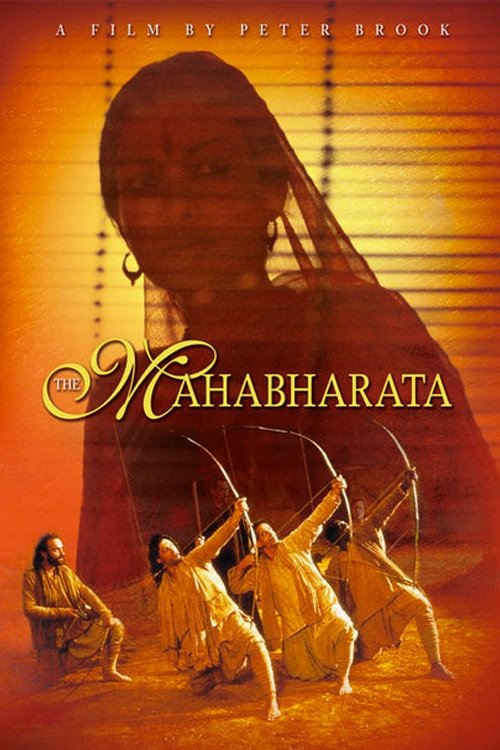
One of the great masterpieces of world literature comes to vivid life in an elaborate production from acclaimed theater and film innovator Peter Brook. This collection of ancient Sanskrit stories (composed into the longest book ever written) comprises a series of enlightened fables at the heart of countless beliefs, legends, and teachings; indeed, its very title means "the great story of mankind." Brook and writer Jean-Claude Carriere worked for eight years to develop this epic concerning two sides of a royal family, the Pandavas and the Kauravas, whose struggle leads to a fascinating voyage of emotions, passion and vision of glory. Briefly, the Mahabharata is a tale of two rival sets of brothers, cousins to eachother, each born into royalty and with divinely guided paths in life. The result, however, is a great war, death, destruction - a vast epic.
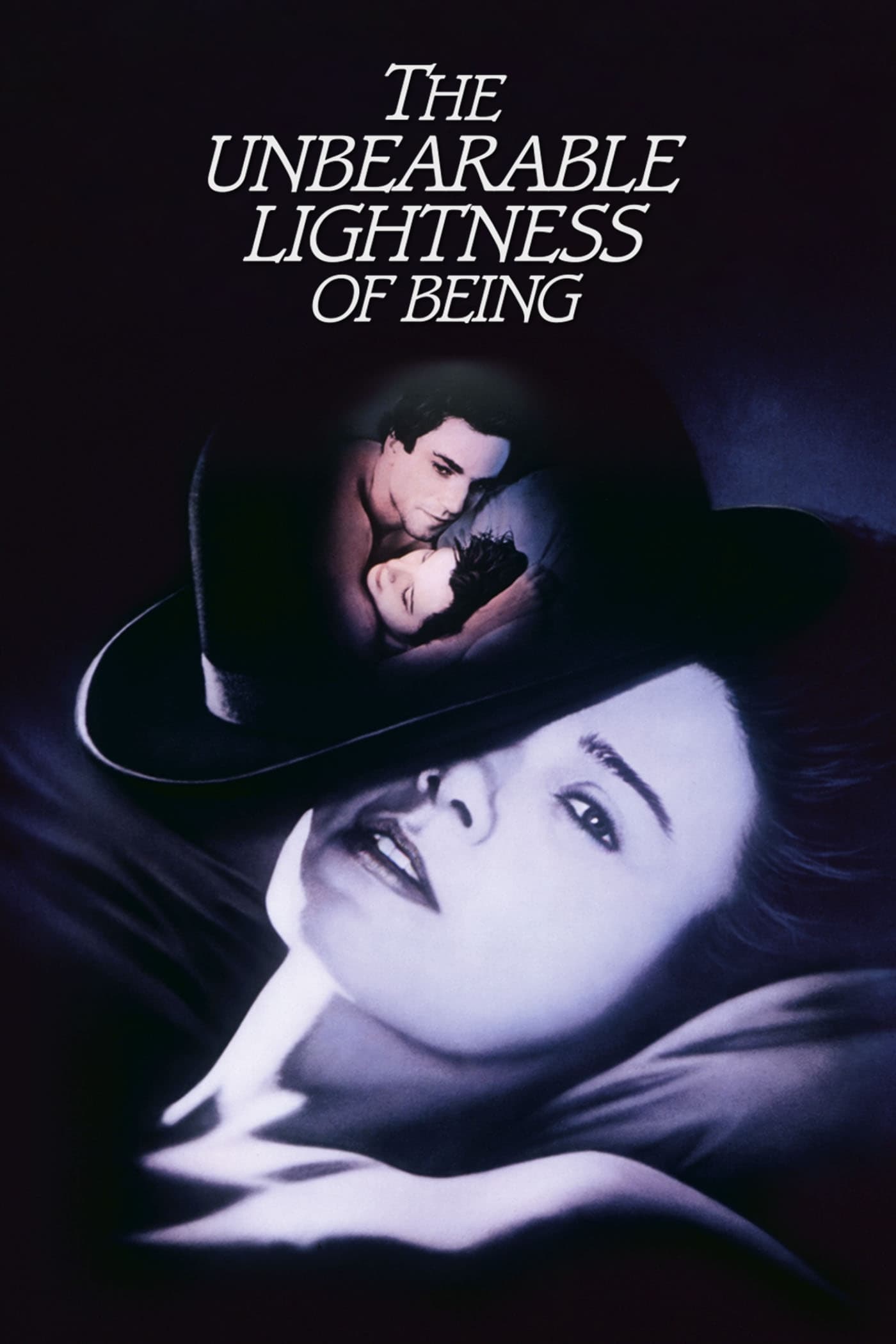
Successful surgeon Tomas leaves Prague for an operation, meets a young photographer named Tereza, and brings her back with him. Tereza is surprised to learn that Tomas is already having an affair with the bohemian Sabina, but when the Soviet invasion occurs, all three flee to Switzerland. Sabina begins an affair, Tom continues womanizing, and Tereza, disgusted, returns to Czechoslovakia. Realizing his mistake, Tomas decides to chase after her.
By browsing this website, you accept our cookies policy.